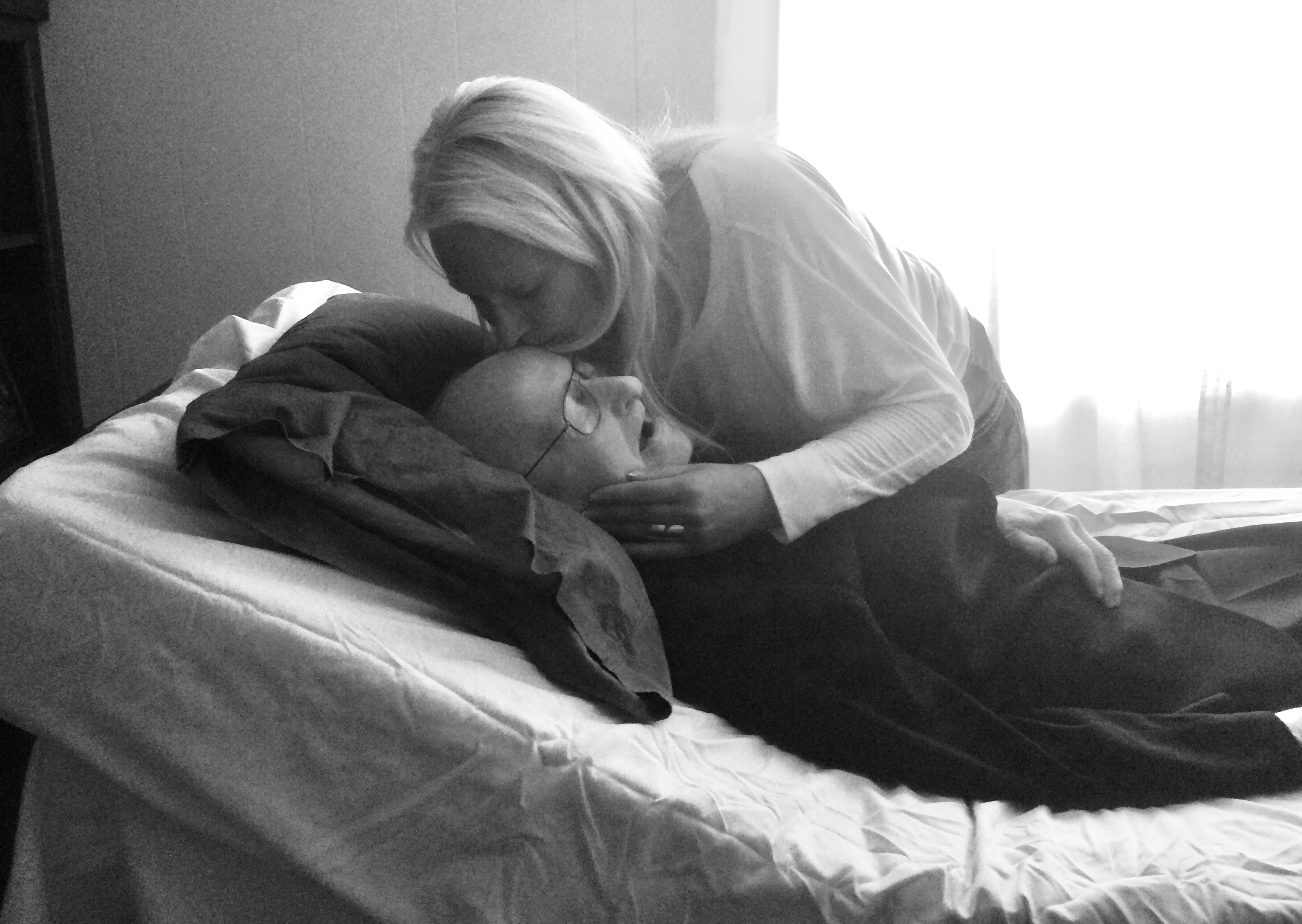I can clearly remember the day when I felt my world fall apart. My marriage ended through email, which, despite the coldness it implies, was not the defining moment for me. That came the next morning when I discovered our joint bank accounts were empty, and my credit cards no longer worked. I had no job; soon to have no husband, and our money was out of my reach.
The destruction of life as I knew it continued when a short while later, I learned my father was nearing the end of life.
Healing began when I identified the three distinct and different types of grief I was dealing with and how each one connected to a piece of my identity. Learning how to grieve without letting the grief destroy you, starts with understanding you can make it through each one of these losses.
Loss of a romantic partner.
Whether you lose your romantic partner due to the breakup of your relationship, death, disability, or disease requiring professional care, the loss doesn’t mean your world is falling apart, even when the initial shock has you convinced otherwise. In days and weeks immediately following the loss of a partner, it is easy to get caught up in a flood of emotion and stay stuck in the endless cycle of anger, hurt, blame and sadness. Grief involves all these emotions and more.
Recognize you’re grieving the loss not only of the person you’ve shared your life with but also how you’ve identified yourself in relationship to them, whether you were a spouse, boyfriend/girlfriend, or primary caregiver. These pieces of our identity go away with the loss of a romantic partner. Grieve the end of the role you used to occupy while remembering you are still here. Loss of a romantic partner forces us to look at who we are, as well as who we are not.
Learning how to grieve without letting the grief destroy you, starts with understanding you can make it through each one of these losses.
Loss of a lifestyle.
When our lifestyle changes significantly due to economic changes, living arrangements, job changes, and relationship status, we often don’t recognize this as an experience of grief and instead focus on the stress these changes cause. When we understand all loss involves grieving, the fear is easier to manage.
Loss of a lifestyle is about the damage to our security as well as a loss of identity. In Maslow’s Hierarchy of needs, safety and security come right after our basic needs, which include breathing, food, water, and sleep, so it is no wonder loss of a lifestyle can feel as though we’re in a tailspin. Remembering to show yourself compassion as you grieve the loss of how you experienced your life, as well as the loss of the identity you had associated with the old lifestyle, will keep you moving through grief with grace.
Loss of a parent.
We come into this world with an identity completely tied to another human being. We are sons and daughters, and even though those labels don’t change upon the death of a parent, our experience of being a son or daughter changes completely with their passing. As so often happens with bereavement, this experience of grief is about more than what we think we’re going through, which is the loss of another human being. The death of a parent forces us to acknowledge the loss of a piece of ourselves we’ve had since birth. Our identity, more specifically, our experience of moving through life as a child of another ends when our parent takes their final breath.
One week before he died, my dad asked me to be with him. Once there, he invited me to go through everything in his office, taking anything I wanted and leaving only those items and papers that would be needed after he was gone. I was the only one he ever allowed to go through his personal and private documents, and I knew that completing this task for him, was all that kept him alive. I took my time until finally, I had answers to all my questions, and there was no more work to do. He died within hours.
Loss of a parent and the associated grief is one of the most significant events of our lives. Understanding the inherent gifts available to us with this loss will do more to propel us toward our best life than virtually any other experience we can have. Grieve the loss of the person as well as your reality of being their child. Think of the death of your parent and the grieving process as an opportunity for a re-birth. A time for you to do and be everything you’d ever dreamed. It’s the final gift a parent shares with their child; my dad taught me this.
Every experience of loss and grief is laced with gifts to grow from; we need only open our eyes to see them.
Are you open to seeing the gifts available through the grief you are experiencing?
This article originally appeared in HuffPost Online.


